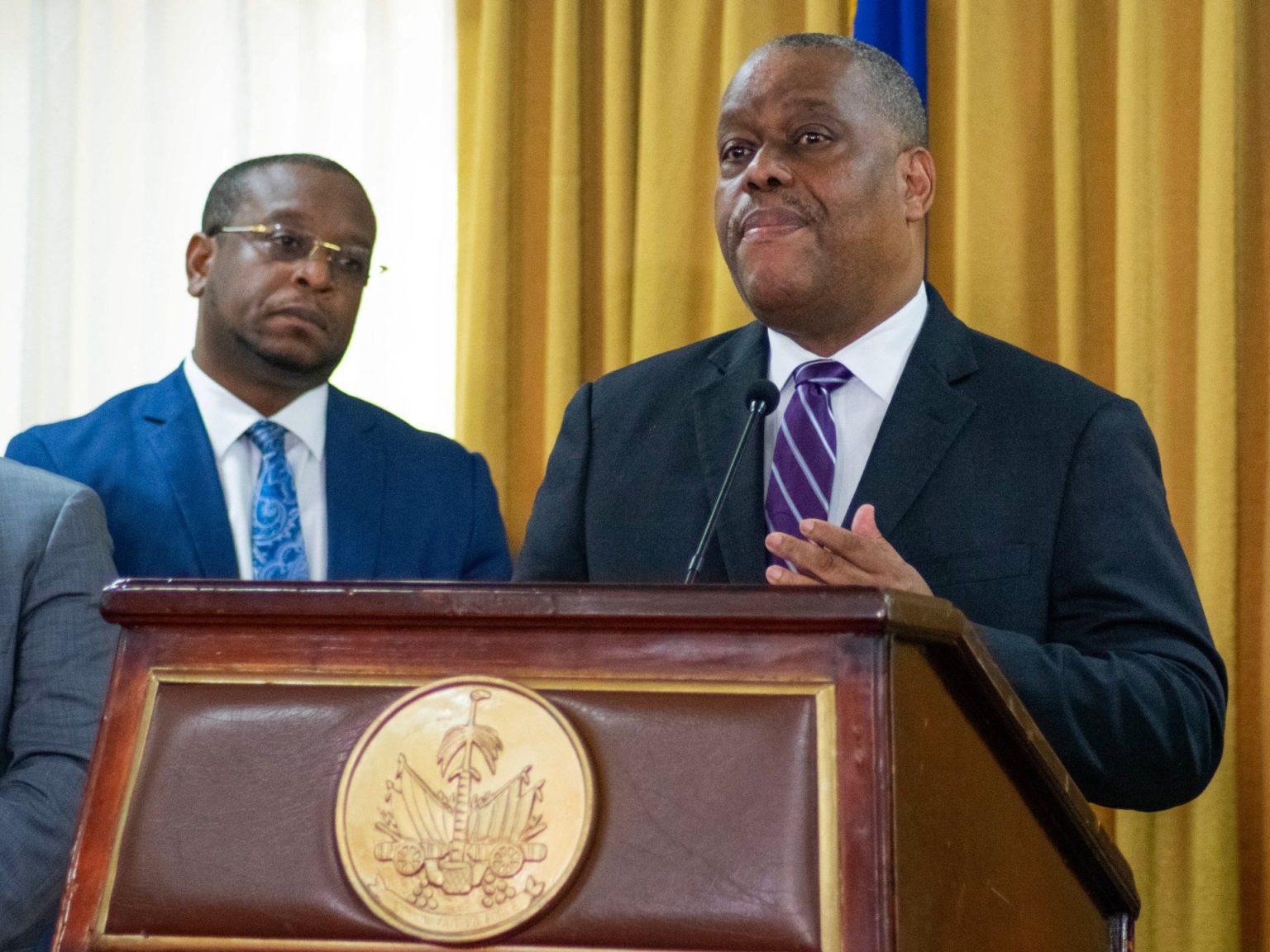Haiti has announced the formation of a new government in response to economic woes and rampant gang violence in the country. The new cabinet, appointed by the transitional council, replaces all members of former Prime Minister Ariel Henry’s cabinet. Garry Conille, a former regional director for UNICEF, has been named interim prime minister, with several ministers from outside the country’s political class joining the cabinet. Dominique Dupuy, Haiti’s representative at UNESCO, has been appointed as foreign minister, while Conille will also serve as interior minister overseeing the Haitian National Police.
Haiti has been struggling to curb gang violence, with armed groups launching organized attacks, blocking fuel terminals, and raiding police stations in the capital and other cities. This unrest has been exacerbated by natural disasters, food insecurity, a cholera outbreak, and political instability, including the assassination of President Jovenel Moise in 2021. After Moise’s killing, Prime Minister Henry became the de facto leader of the country, but questions arose over his legitimacy when he indefinitely postponed elections. Gang leaders and civil society groups demanded Henry’s removal, leading to his resignation in April and the establishment of a transitional presidential council.
Haiti has not held an election since 2016, but the US Department of State has expressed hope that the formation of the transitional council will pave the way for free and fair elections in the country. In response to the ongoing violence, the international community, led by the United States, has proposed sending a multinational security force to help restore peace in Haiti. Kenya is expected to lead this police force, with President William Ruto stating that officers will deploy to the Caribbean nation soon to restore security and order in the region.
The multinational security force will face the challenging task of addressing the widespread violence in Haiti. According to UN estimates, a significant portion of Port-au-Prince and its surrounding areas are under the control or influence of criminal gangs, engaging in activities such as murder, kidnapping, and sexual violence. The deployment of international officers aims to assist the Haitian authorities in establishing stability and curbing the activities of these criminal groups. With 80% of the capital and its surrounding areas affected by gang violence, the international community is working to support Haiti in addressing these pressing security concerns.
The announcement of the new cabinet and deployment of a Kenyan-led international security force reflects ongoing efforts to address the complex challenges facing Haiti. The country’s history of natural disasters, food insecurity, and political instability has been compounded by the rise of criminal gangs and ongoing violence, creating a precarious situation for the population. The international community’s support, particularly through the deployment of a multinational security force, is seen as crucial in restoring peace and security in Haiti and enabling the country to address its broader economic and social concerns. By working together with international partners, Haiti aims to overcome its current challenges and move towards a more stable and prosperous future for its citizens.


